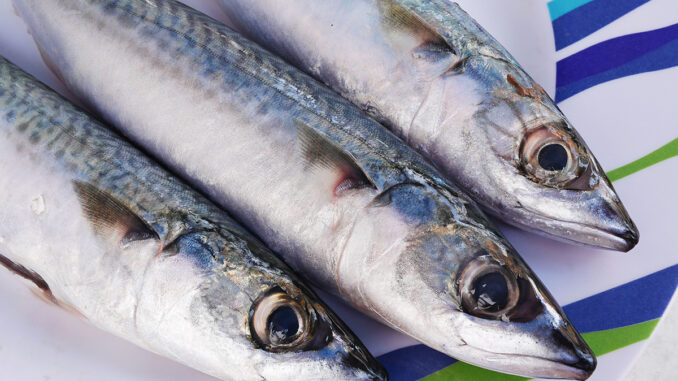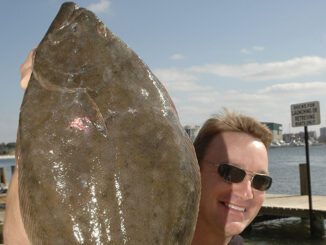
North Carolina’s coastal fishing waters are continuing to improve according to the federal agency tasked with maintaining the nation’s fish stock. According to the National Oceanic and Atmospheric Administration, the number of fish stocks on the U.S. overfishing list decreased by three last year, falling to an all-time low of 21.
The National Marine Fisheries Service released an updated analysis of American fisheries late last week via its annual “Status of the Stocks” report, which provides an assessment of the populations of the seafood species fishermen catch and customers buy. The report states that 94% of fish stocks are not subject to overfishing, which is slightly better than a year ago.
The U.S. removed several important fish stocks from the overfishing list, including Atlantic mackerel in the Cape Hatteras and Gulf of Maine stock and the Gulf of Mexico stock of cubera snapper. In 2024, the U.S. government has allotted 3,200 metric tons of Atlantic mackerel to be caught with 868 metric tons allocated to the commercial fishing industry.
Atlantic mackerel is one of several commercially fished species in North Carolina. The wild-caught seafood industry contributes nearly $300 million in value and 5,500 jobs to the state’s economy, according to N.C. Sea Grant. Summer flounder, red snapper, gag grouper and snowy grouper — species found in N.C. coastal waters — remain on the national overfishing list.
The report arrives as international governments and non-governmental organizations have tried to crack down on illegal, unreported and unregulated fishing in the oceans worldwide. In Europe, the European Commission has worked to deter unsustainable fishing practices.
The removal of species from the overfishing list shows the U.S. is making progress, said Rick Spinrad, NOAA’s administrator.
“By ending overfishing and rebuilding stocks, we are strengthening the value of U.S. fisheries to the economy, our communities and marine ecosystems,” Spinrad said.
The U.S. has made progress in removing fish species from the overfishing list in recent years also. The overfishing list reflects species that have an unsustainably high harvest rate.
NOAA also keeps a list of overfished stocks. Those are species that have a total population size that is too low. The agency said that number also fell slightly last year. More than 80% of fish stocks are not overfished, the agency said in its report.
NOAA said it was able to remove Atlantic coast bluefish and a Washington coast stock of coho salmon from the overfished list. The agency said it also added a few species, including Mid-Atlantic summer flounder, to the lists.
Commercial fishermen harvested more than 8 billion pounds of seafood valued at nearly $6 billion in 2022, the agency said.
North State Journal staff contributed to this report.


